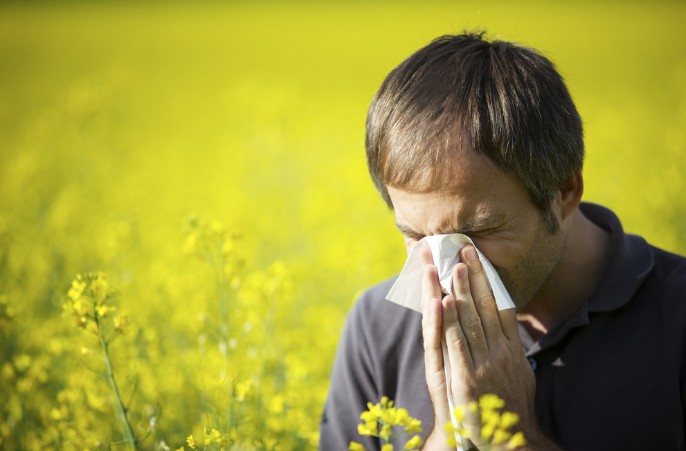Mucus and Phlegm
Certain foods such as dairy products, sugars, pastries, and various flours can cause mucus. For some, peanuts trigger phlegm; for others, nuts, avocados, and more might be the culprits. Therefore, eliminate potential triggers from your diet.

Shlomit came to me complaining about a persistent cough that hasn't left her for years. She went through several doctors and tried different medications, all to no avail. Firstly, I explained to her that a cough is not a disease to be fought against. A cough is a therapeutic tool our body uses to expel various substances from the lungs that interfere with breathing, entering from outside or developing internally, such as smoke, various fluids, and chemicals entering the respiratory system. In response, there is a rapid and strong contraction of the abdominal muscle pushing the diaphragm upwards and releasing the lungs from waste. Therefore, different medications that "calm the cough" simultaneously suppress the coughing mechanism and not only do they not treat or cure the problem, but over time the healing power of the cough will weaken.
Accordingly, if she is coughing, it is necessary to check what her body is trying to expel. A simple examination revealed that Shlomit suffers from trapped phlegm creating a nervous irritation that activates the cough mechanism to expel it, but the phlegm does not come out. There are medicinal herbs designed to soften the phlegm so that the cough can expel it and fulfill its role. However, this still does not solve the problem because the body continues to produce phlegm, so how have we improved the situation?

In understanding the nature of phlegm, it should be noted that phlegm and mucus are not diseases to be fought against and dried up (which some medications do). The secretion of mucus and phlegm is the body's way of eliminating waste that entered from outside or developed within, and it's a good thing because otherwise, the waste would remain in the body, which could be a basis for serious illnesses. Thus, a real solution is to avoid introducing waste into the body. Waste enters in several ways such as air pollution, smoking, poor diet, various chemicals like medications, and more. Sometimes, the waste develops within the body itself, for example, when the digestive system is not functioning properly and does not fully decompose the food. As a result, the digestive system does not know what to do with undigested food, and it becomes waste. This brings us to the conclusion that treating phlegm or mucus must involve the digestive system.
Certain foods such as dairy products, sugars, pastries, and various flours are prone to causing mucus. Some people react to peanuts with phlegm, while others might have similar reactions to nuts, avocados, and more. Therefore, it's crucial to eliminate potential culprits from the diet. Shlomit stopped consuming these foods, and indeed after about two weeks from the start of the change, her coughing started to decrease, and after about three weeks, it almost stopped completely. Conclusion: the solution is in the diet!
Eliahu Schechter is an iridologist and natural therapist

